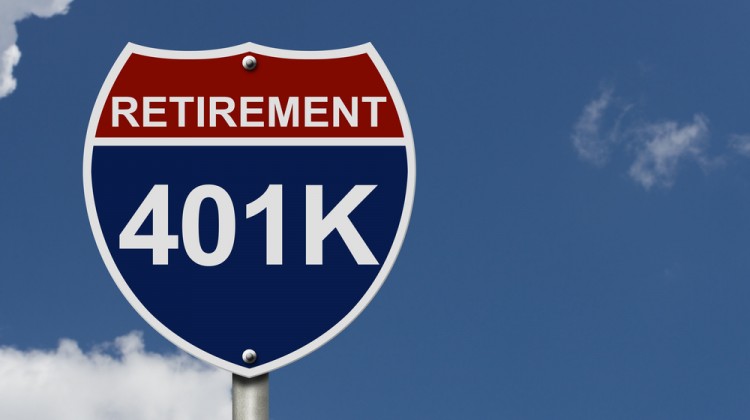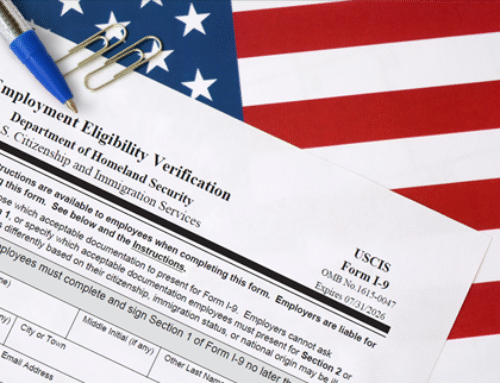In 2020, Colorado passed the Colorado Secure Savings Program which mandates small business owners to enroll into a state-operated retirement savings plan if they do not offer their own qualifying plan. The initial pilot program will launch in October of 2022; the Colorado Secure Savings Board is set to work with an exclusive group of Colorado businesses during this period. Employers not offering a qualifying plan to employees across Colorado will be required to comply beginning in January of 2023. The goal of the Secure Savings Program is to expand access of retirement savings to more workers in Colorado and will be funded via automatic payroll deductions.
The Colorado General Assembly states that employers will need to comply and implement this program if the following conditions are met:
- You have 5 or more employees who have been employed for the past 180 days.
- You have been in business for two or more years
- Your company doesn’t already offer an existing qualifying plan
If your company does not meet these criteria, then participation will not be required, however, you may still offer this plan to employees.
Beginning in 2023, employers will be required to offer automatic enrollment and process the necessary payroll deductions. Once enrolled, employees will be opted into the default savings rate which will be equivalent to 5% of their gross income. However, employees will retain the option to change their contribution amount or opt-out of their plan if desired. As it is currently instated, employers will have 14 days to send their employees’ contributions to the program administrator. There is a penalty of fines for noncompliance.
Upon enrollment into the Colorado Secure Savings Program, employees will begin contributing to their Roth Individual Retirement Account (IRA) direct from their paychecks. A Roth IRA is similar to a traditional IRA with the primary difference being how each one is taxed. The benefit of a Roth IRA is that your contributions and earnings on those contributions can grow tax free. This is due to Roth IRA plans being funded with post-tax dollars; contributions are not tax-deductible meaning that employees pay the taxes for those contributions immediately instead of waiting until those funds are withdrawn such as with traditional plans. This after-tax deduction allows for the development of tax-free growth.
For small businesses wanting to establish their own retirement savings program, there are some soon approaching deadlines. The first major deadline applies to any business wanting to setup their own SIMPLE IRA, SIMPLE 401(K), or safe harbor 401(k) plan which is October 1st. To setup their own SEP IRA, businesses have until October 15th. Finally, the deadline for setting up a Solo 401(k) is December 31st. These types of retirement plans are efficient for small businesses that don’t want to pay all the added costs that come with setting up a traditional 401(k) plan.
Establishing their own safe harbor retirement program can be very beneficial to small businesses with some plans allowing for the bypassing of nondiscriminatory testing each year. Perhaps more importantly, small businesses can qualify for a tax credit for the first three years of their newly established safe harbor plan. This tax credit is intended to cover half the startup costs of the retirement program and can range from $500 to $5,000 depending on the number of qualifying non-highly compensated employees (NHCE) enrolled into the program. Details regarding the retirement plan startup costs tax credit can be found on the IRS website.
The fast-approaching enrollment deadlines draw near; small businesses wanting to start their own retirement program must decide and act soon. Otherwise, any small business that meets the criteria provided by the Colorado General Assembly must begin preparing for the implementation of the newly state-sponsored savings program. It’s an important decision to make, but one that must be made sooner than later.





